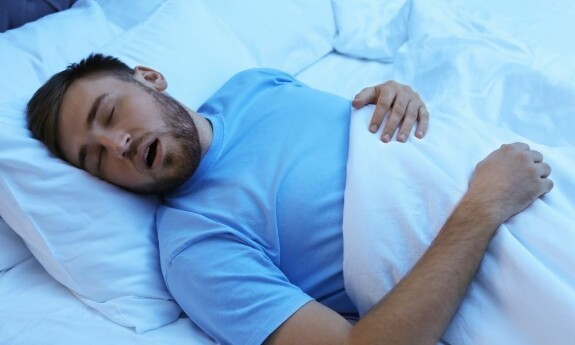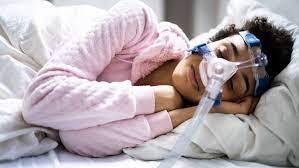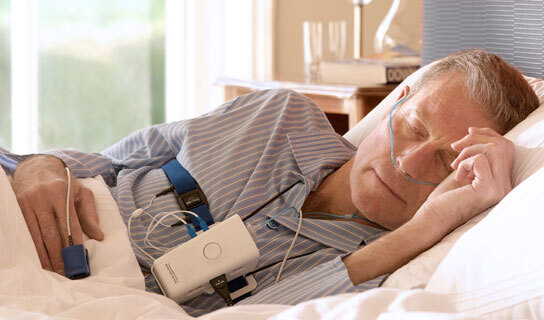Is Sleep Apnea Dangerous
Sleep apnea is a common sleep disorder that affects millions of people worldwide. It is characterized by pauses in breathing or shallow breathing during sleep, which can lead to a variety of health problems. Many people wonder whether sleep apnea is dangerous, and the answer is yes. In this article, we will explore why sleep apnea is dangerous, what the risks are, and what you can do to manage the condition.
The Risks of Sleep Apnea
The most immediate Is Sleep Apnea Dangerous. People with sleep apnea often wake up feeling tired and groggy, which can affect their ability to function during the day. Over time, sleep apnea can lead to more serious health problems, including:
-High Blood Pressure: Sleep apnea can cause high blood pressure or make existing high blood pressure worse, which can increase the risk of heart disease and stroke.
- Heart Disease: People with sleep apnea are at increased risk of developing heart disease, including heart failure, atrial fibrillation, and other cardiovascular problems.
- Type 2 Diabetes: Sleep apnea has been linked to insulin resistance and an increased risk of developing type 2 diabetes.
- Depression and Anxiety: Sleep apnea can lead to depression and anxiety, which can further affect sleep quality and overall health.





